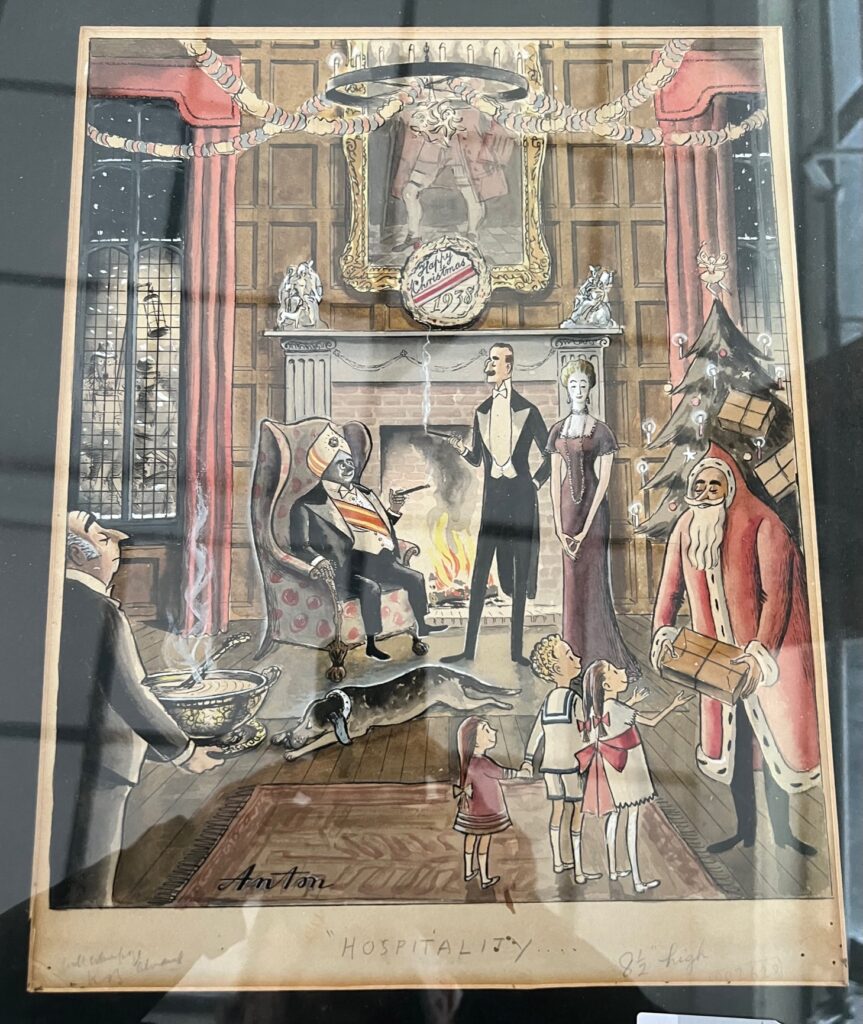
Taken from Best Upper Crust Jokes by Edward Phillips (1974)
Don’t see much of Chauncy de Pugh these days, old boy .’
‘ No—he’s become a tremendous snob since he succeeded to the title.’
‘What’s that go to do with it ?’
‘ Well, he refuses to travel in the same car with his chauffeur’.
Noticing that his friend had a very handsome-looking red setter with him, the first nobleman said, ‘ I say, old chap , you’ve got a new dog!’
Yes, relied the second, ‘ I got him for the wife, actually.’
‘By jove, said his friend. ‘ That was a damned good swop.’
Did you hear the one about the very rich aristocrat who bought his son a slum?
He wanted him to have the things he’d missed when he was a child.
A prospective Tory candidate for Parliament was addressing a constituency meeting and was being continually interrupted by a Socialist heckler.
‘ Let me ask you a question’, shouted the heckler.’ Have you ever earned a penny by the sweat of your brow?’
‘Certainly not, answered the nobleman. ‘Our family never perspire ‘.
Remind you of a certain member of the Royal Family ?
Did you hear the one about the neighbourhood that’s so high-class, when the children write rude words on garden walls, they’re in Latin ?
Remind you of a certain former Tory MP ?
An old lady was explaining her duties to the new maid.
‘ Now from time to time’, she said, ‘ you will have to help the butler upstairs’.
‘ Oh, that all tight, ma’am, said the maid’. ‘I like a drink myself occasionally’.
An English nobleman registered at an hotel in Mexico. The receptionist, looking at the register, said pleasantly in English, ‘Ah—-you are a foreigner.’
‘Certainly not’, said the nobleman. ‘I’m English !’
Continue reading

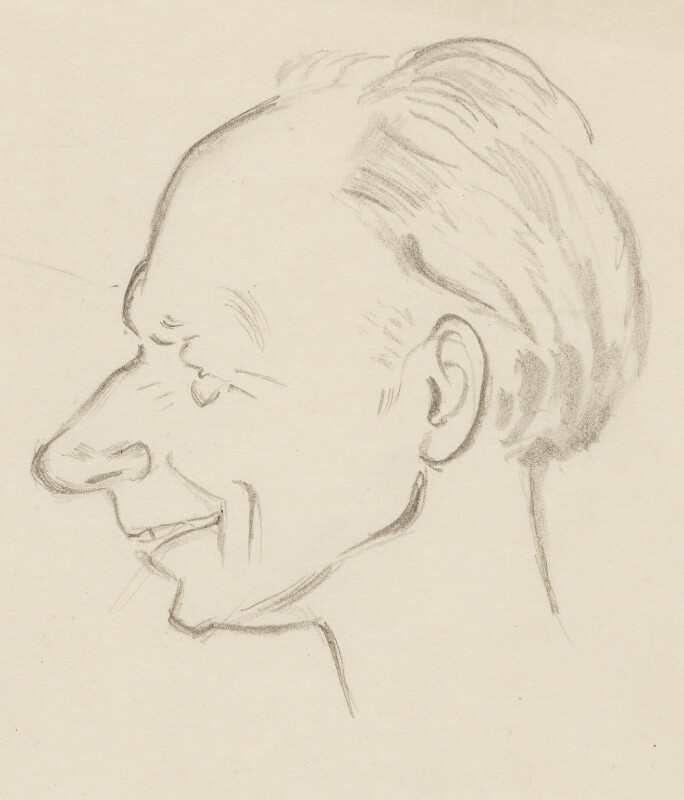
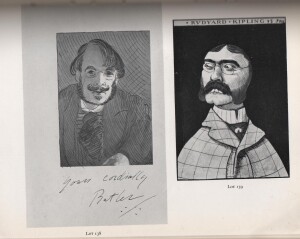

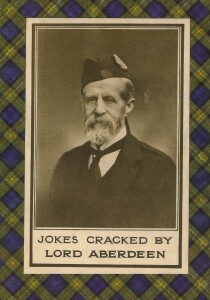
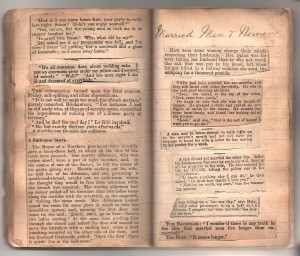 In an earlier Jot we selected at random some pretty witty items from an Edwardian comic’s gag book composed of clippings from newspapers and magazines. Here are some more. Astonishingly, most sound so very modern in their style of humour. None of them contain puns.
In an earlier Jot we selected at random some pretty witty items from an Edwardian comic’s gag book composed of clippings from newspapers and magazines. Here are some more. Astonishingly, most sound so very modern in their style of humour. None of them contain puns.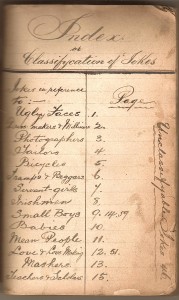 Found at Jot HQ the other day a small scrapbook containing pasted in humorous cuttings from magazines and newspapers that once belonged to the late prankster Jeremy Beadle (1948 – 2008). The date 1897 on the cover was very likely the year in which the compilation was begun, since many of the jokes and anecdotes are clearly of a later date. The high quality of much of the material strongly suggests that the compiler may have been a comedian of some sophistication who was prepared to devote a long period in search of the best gags.
Found at Jot HQ the other day a small scrapbook containing pasted in humorous cuttings from magazines and newspapers that once belonged to the late prankster Jeremy Beadle (1948 – 2008). The date 1897 on the cover was very likely the year in which the compilation was begun, since many of the jokes and anecdotes are clearly of a later date. The high quality of much of the material strongly suggests that the compiler may have been a comedian of some sophistication who was prepared to devote a long period in search of the best gags.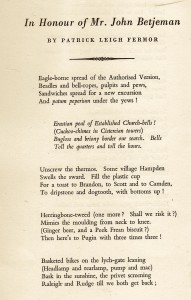
 This is a paperback published in California and written by two American stand up comedians, John Carfi and Cliff Carle, of ‘ funny ‘ messages that could be left on answering machines. It appeared in 1983, which means that quite a few of the jokes might not be acceptable in the more PC climate of 2018.
This is a paperback published in California and written by two American stand up comedians, John Carfi and Cliff Carle, of ‘ funny ‘ messages that could be left on answering machines. It appeared in 1983, which means that quite a few of the jokes might not be acceptable in the more PC climate of 2018.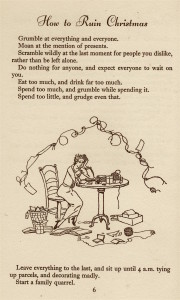
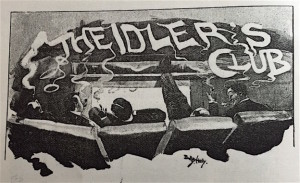
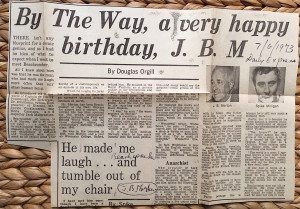
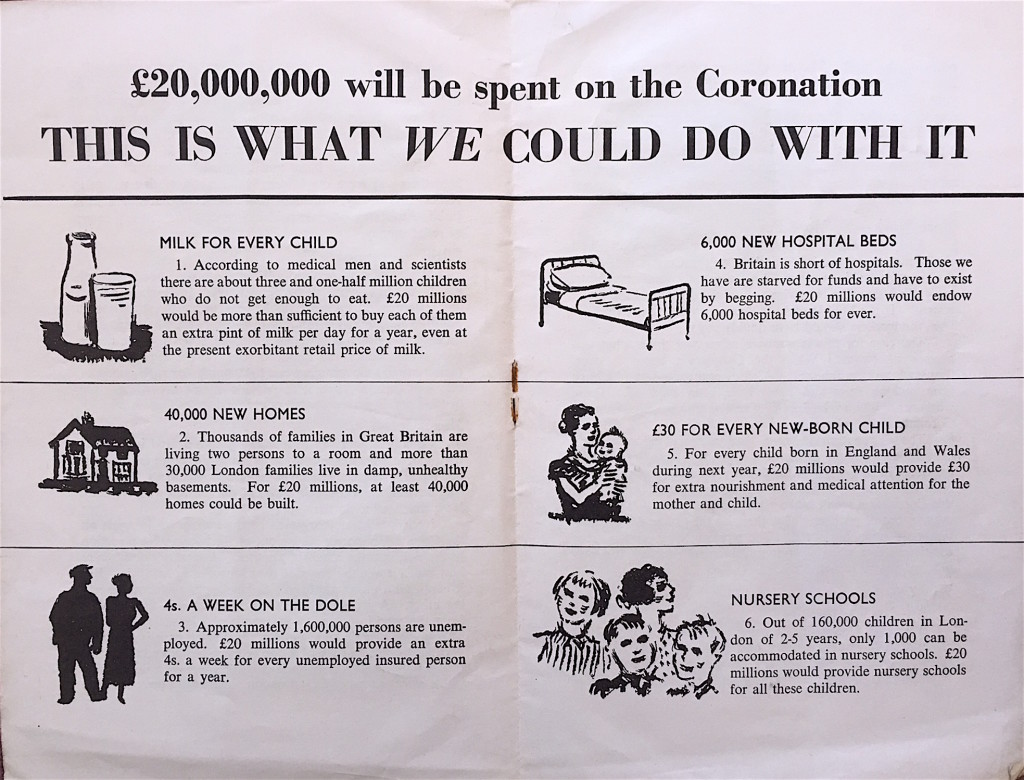
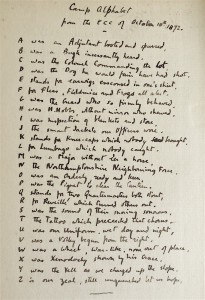 Found in Herbert Kynaston. A Memoir. (Macmillan, 1912) an acrostic for a bazaar to raise money for a home for ‘Friendless Girls’ (below). The book has the ownership signature of F.E. Balfour (1922). This is almost certainly
Found in Herbert Kynaston. A Memoir. (Macmillan, 1912) an acrostic for a bazaar to raise money for a home for ‘Friendless Girls’ (below). The book has the ownership signature of F.E. Balfour (1922). This is almost certainly 